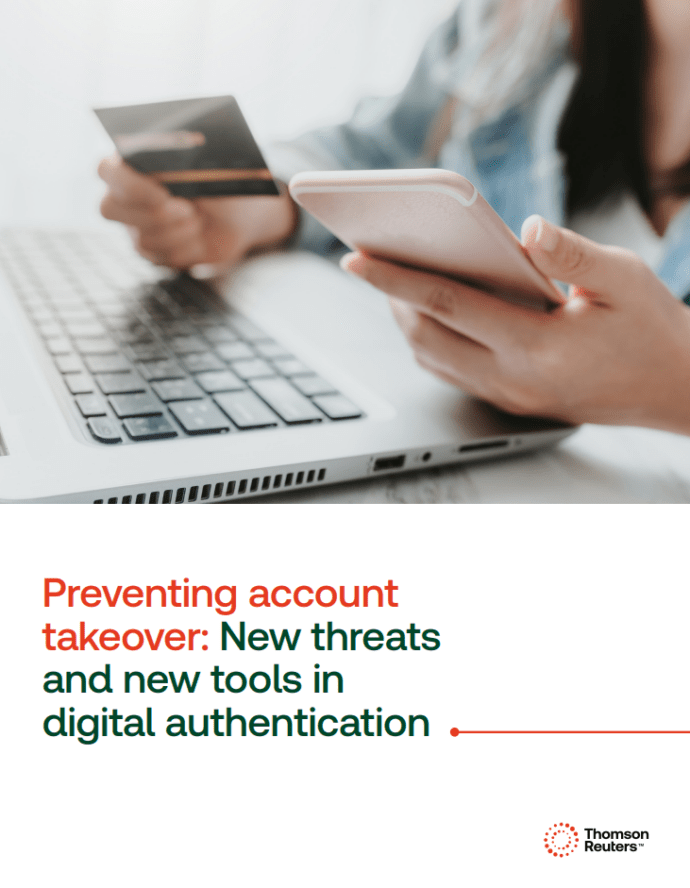Jump to ↓
| Skepticism and challenges on the impact of ORC |
| Importance of robust security measures |
| Detailed strategies for preventing e-commerce fraud |
Organized Retail Crime (ORC) has become a significant concern for retailers worldwide. The impact of criminal networks’ increasing sophistication and ability to exploit vulnerabilities in the retail sector has led to substantial financial losses.
Skepticism and challenges on the impact of ORC
Despite the clear evidence of ORC’s financial impact on retailers, there is a degree of skepticism regarding its overall impact. Some industry experts argue that the figures may be inflated or that the focus on ORC diverts attention from other pressing issues within the retail sector.
Apart from ORC, the retail sector is confronted with that significantly impact its operations and profitability. Internal and external threats pose constant challenges, requiring vigilant security measures and protocols.
Retail fraud, including deceptive practices that lead to financial losses, continues to evolve in complexity, necessitating advanced detection and prevention strategies. Account takeover, where unauthorized individuals gain access to customers’ accounts, is that compromises customer trust and security.
These challenges necessitate robust risk mitigation solutions, comprehensive identity verification processes, and the use of investigative tools to minimize their impact and ensure the security and stability of retail operations.
 |
Importance of robust security measures
Robust security measures cannot be overstated in preventing e-commerce fraud. Minimizing exposure and impact to internal and external threats is crucial for protecting online accounts and sensitive customer information.
Adequate security measures, such as online monitoring software, identity verification, and configurable risk scoring assessments, play a vital role in safeguarding against fraud and theft. These tools leverage device intelligence, behavioral metrics, and comprehensive data sources to provide a multi-layered defense against potential threats.
Detailed strategies for preventing e-commerce fraud
To effectively, retailers must implement a range of detailed strategies. One key approach is the use of online monitoring software to detect and prevent account takeovers. This involves utilizing device intelligence, behavioral metrics, and bot and malware detection to automatically protect customer accounts from unauthorized access.
Additionally, identity verification during online account creation or in-person credit applications can help validate identities and prevent fraudulent activities.
Configurable risk scoring assessments provide summarized insights that help detect and prevent fraud by delivering adverse indicators on subjects of interest. Investigative tools, such as access to robust public records and license plate recognition data, can also be employed to minimize the impact of theft and organized retail crime by generating reports for law enforcement.
By understanding the complexities of ORC and implementing comprehensive security measures, retailers can better protect themselves from the financial and reputational impact caused by these criminal activities. Strengthen your defense, by accessing detailed insights and tools designed to enhance your organization’s security posture and resilience against organized retail crime and online fraud.
Thomson Reuters is not a consumer reporting agency and none of its services or the data contained therein constitute a ‘consumer report’ as such term is defined in the Federal Fair Credit Reporting Act (FCRA), 15 U.S.C. sec. 1681 et seq. The data provided to you may not be used as a factor in consumer debt collection decisioning, establishing a consumer’s eligibility for credit, insurance, employment, government benefits, or housing, or for any other purpose authorized under the FCRA. By accessing one of our services, you agree not to use the service or data for any purpose authorized under the FCRA or in relation to taking an adverse action relating to a consumer application.







